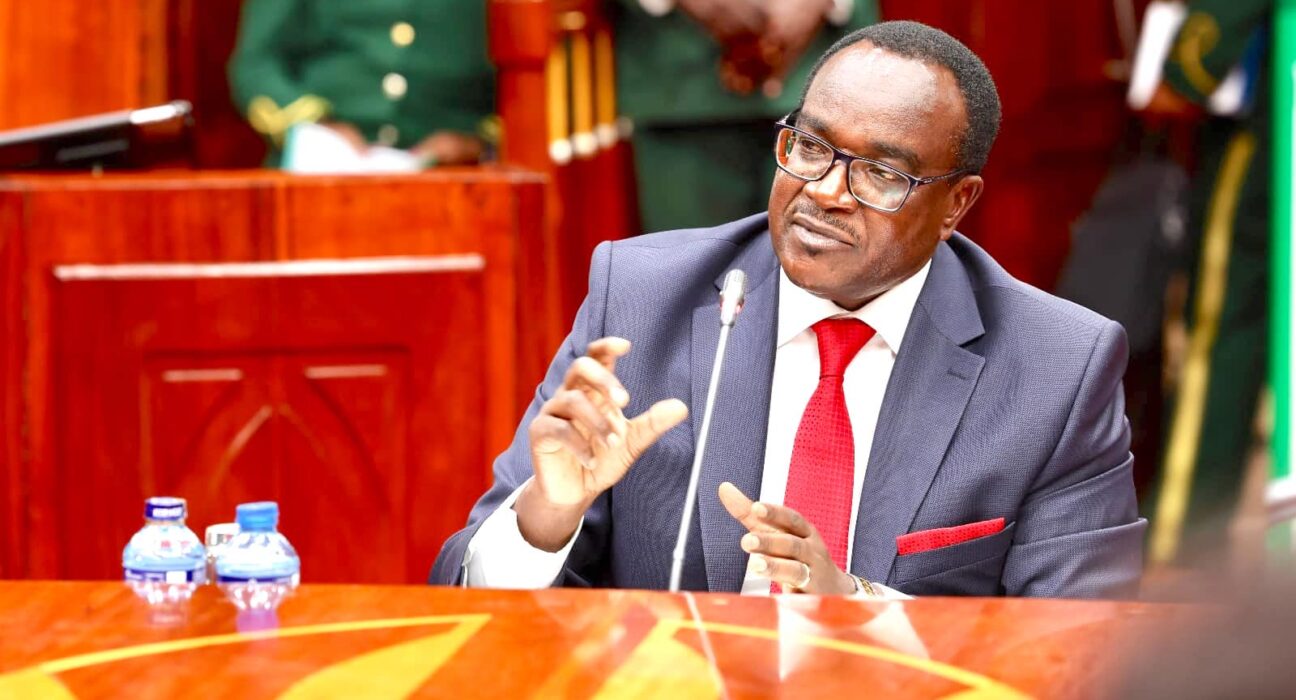The Higher Education Loans Board (HELB) has disbursed Kshs. 1.56 billion in loans to university students and trainees in Technical and Vocational Education and Training (TVET) institutions. The latest disbursement, made on March 14, 2025, will benefit 31,263 TVET trainees and 33,863 university students, providing much-needed financial relief as institutions continue to grapple with funding shortages.
With this disbursement, the total amount allocated by HELB for the 2024/2025 financial year has now reached Kshs. 32.78 billion, covering tuition and upkeep for 195,522 TVET trainees and 390,612 university students.
While the release of funds comes as a relief to beneficiaries, many students have expressed frustration over delays in loan processing, which have left some unable to pay for accommodation, meals, or essential learning materials.
“We appreciate the funds, but many of us have already taken on debt just to survive. The money comes too late,” said John Mwangi, a university student in Nairobi.
University administrations have also raised concerns, citing delays in tuition fee payments as a major challenge affecting service delivery. Several institutions have been forced to restrict access to key services, including library and exam facilities, for students whose fees remain unpaid.
HELB has not publicly addressed the issue of late disbursements, though officials have previously cited budget constraints and high demand for student loans as key reasons for the delays.
The latest disbursement comes amid increasing concerns over the sustainability of HELB funding. The demand for student loans has risen sharply in recent years, fueled by higher tuition fees, a growing student population, and a struggling economy.
HELB has not confirmed whether all eligible students have received their full allocations, raising fears that thousands may still be waiting for support.
In recent years, the board has struggled to recover loans from past beneficiaries, with a large percentage of former students defaulting on repayments due to high unemployment rates and low wages. The government has proposed reforms to address the situation, including alternative funding models, but critics argue that these measures have been slow to take effect.
Student leaders and education advocates are now calling for a more sustainable funding model that reduces reliance on loans and expands access to scholarships and grants.
“The current system is broken. HELB loans are barely enough to cover basic needs, and they arrive too late. We need a long-term solution that ensures students can focus on their education instead of worrying about money,” said Ann Wanjiru, a student leader at a public university.
With university fees expected to rise further and the economic situation remaining uncertain, many students now face an increasingly difficult financial future. Whether the government will step in with additional support remains to be seen.
HELB has urged students to check their portals for updates on loan disbursements. However, many remain skeptical about whether future payments will arrive on time.
For now, thousands of students across the country must continue navigating financial uncertainty, with many relying on part-time jobs, family support, or informal loans just to stay in school.





